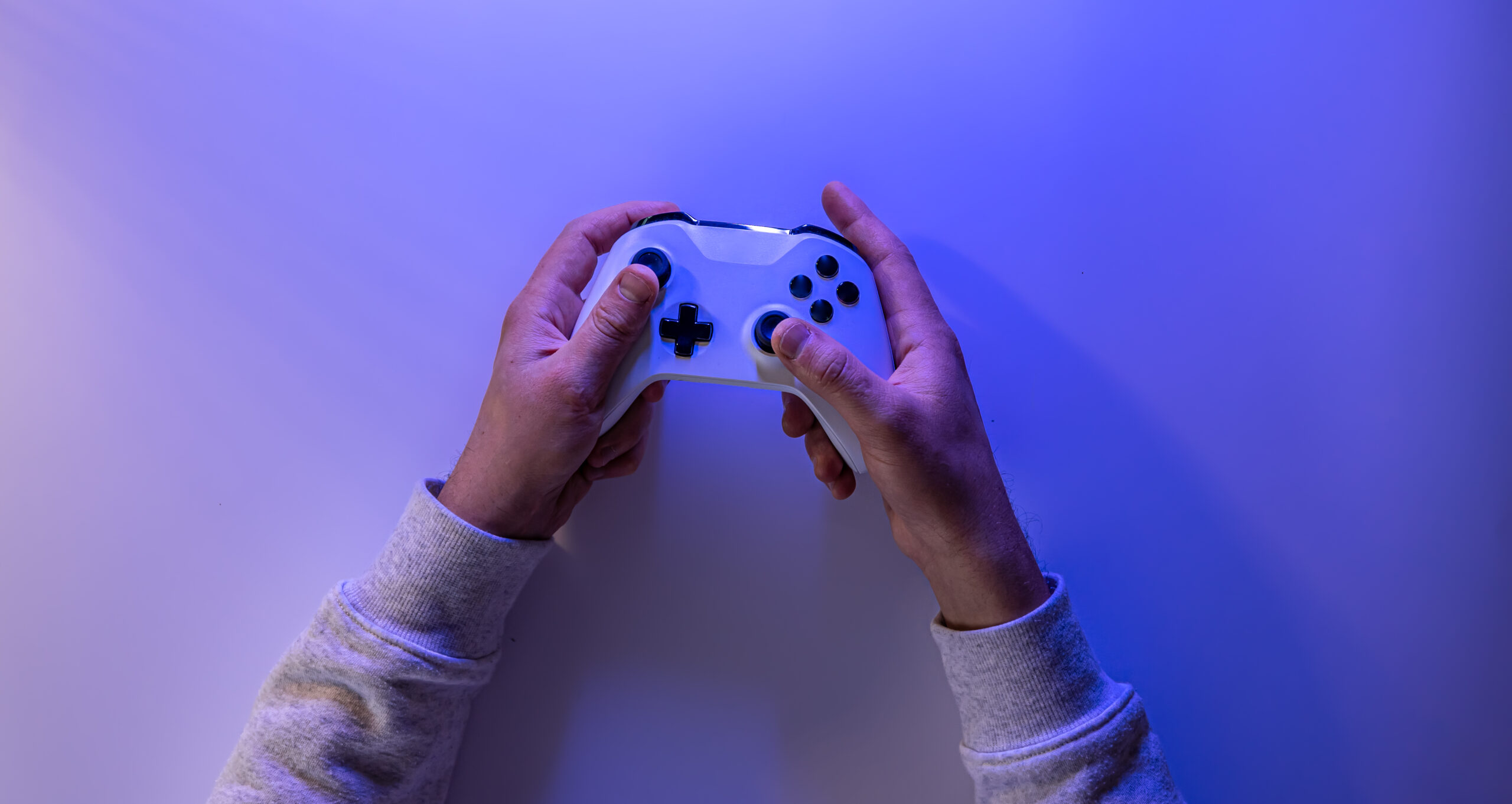Newsletter: November 2011
With the fast increasing prevalence of internet usage, we are now bound by few limitations in various aspects. For one, we no longer face the issue of having to get out of the house to buy something or even to acquire knowledge. One can simply “google” the information he or she needs or purchase practically anything at the click of a mouse. On the other hand, we may have more pressing issues on hand waiting to be solved.
According to Dr Kimberly Young, founder and president of the Centre for Internet Addiction Recovery, who piloted the research on internet addiction in 1996, this form of addiction, like addictive syndromes, is similar to impulse-control disorders. There is no present data to estimate how widespread this new age addiction is. Based on a national study conducted by a team from Stanford University’s School of Medicine, nearly one in eight Americans suffer from at least one sign of problematic internet use.
So if you suspect your child who has his or her eyes glued to her computer screen 24-7 to have internet addiction, you may want to have a serious word with him or her. Like alcoholism and other addictions, it is best to uncover and nip the internet addiction in the bud before it gets worse.
Here are some questions you can incorporate in the discussion with your child if you feel he or she is spending an unhealthy amount of time in the virtual world.
Do you…
- Feel preoccupied with the internet (think about previous online activity or anticipate next online session)?
- Feel the need to use the internet with increasing amounts of time in order to achieve satisfaction?
- Made unsuccessful efforts to control, cut back, or stop internet use?
- Feel restless, moody, depressed, or irritable when attempting to cut down or stop internet use?
- Stay online longer than originally intended?
- Lie to family members or others to conceal the extent of involvement with the internet?
- Use the internet as a way of escaping from problems or of relieving a dysphoric mood (e.g., feelings of helplessness, guilt, anxiety, depression)?
Also pay close attention to your child’s behaviour and look out for tell-tale signs such as:
- Failed attempts to control behaviour
- Heightened sense of euphoria while involved in computer and internet activities
- Neglecting friends and family
- Neglecting sleep to stay online
- Being dishonest with others
- Feeling guilty, ashamed, anxious, or depressed as a result of online behaviour
- Physical changes such as weight gain or loss, backaches, headaches, carpal tunnel syndrome
- Withdrawing from other pleasurable activities
Sources: Netaddiction.com
Image Video gaming photo created by pvproductions – www.freepik.com


